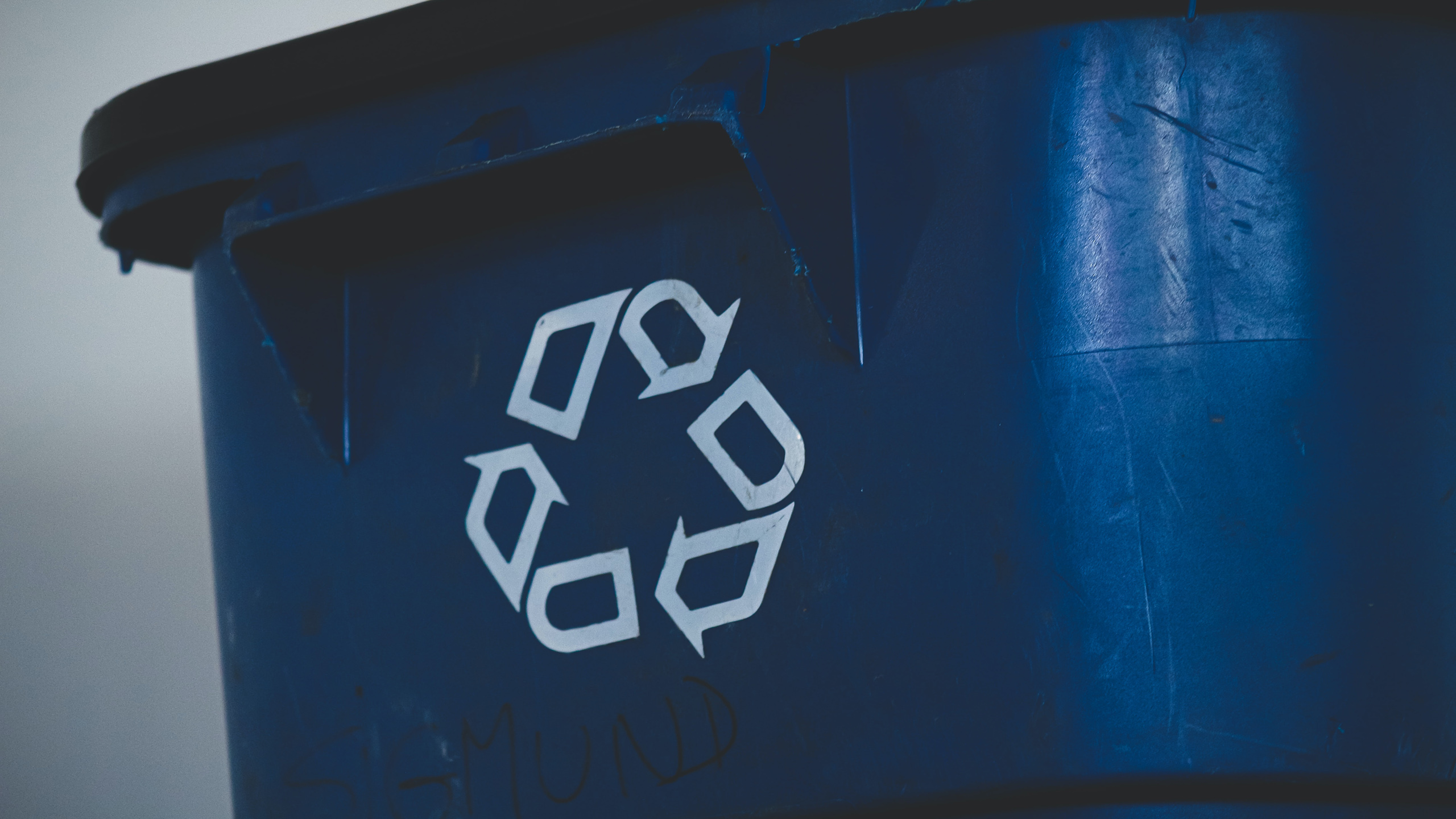
Today, the great environmental damage the fashion industry causes is no longer a secret but is well documented. If things carry on like they are today, it will be impossible to reach the goal of limiting the global temperature rise to 1.5 degrees as ratified in the Paris Agreement. To reach the 1.5-degree pathway, the fashion industry would have to cut its greenhouse gas emissions to 1.1 bn tons by 2030. The report from Global Fashion Agenda, the leading non-profit organisation and forum for sustainability in fashion, and consultancy group McKinsey & Company shows that the fashion industry is likely to exceed the target almost twofold if nothing changes. Circularity presents itself as a possible solution to the problem. The concept involves adopting circular designs, extending the lifecycle of products and ensuring that product components can be broken down to be reused and recycled after they reach the end of their cycle. The report says that roughly 25% of emissions could be reduced by using circular models. Apart from protecting the planet, scaling circularity could also increase value for fashion and textile industry stakeholders, the report continues.
The report is based on findings from Circular Fashion Partnership (CFP) in Bangladesh. The cross-sectoral project brings together brands, producers and recycling companies in Bangladesh, which is one of the biggest producers of textiles worldwide. The plan is to give incentive to innovation to increase the reuse and recycling of existing textiles to curb overproduction. In this context, it becomes clear that waste is a valuable resource. Recycling technologies can contribute considerably to cutting greenhouse gas emissions and reducing the use of water. According to the report, existing recycling technologies have the potential to drive 80% circularity in the fashion industry by 2030. To fulfil the potential, the report's authors say that 5 to 7 bn euros would have to be invested in new technologies by 2026. “This research proves that the necessary recycling technologies exist, deliver huge improvements in environmental impact and that the economics work at scale. The challenge is providing conditions for scaling. With sufficient investment, supportive policies, and by enabling pre-competitive collaborations, I am optimistic that we can create a profitable circular system and accelerate fashion’s journey to net zero,” said Federica Marchionni, CEO of Global Fashion Agenda.
"Innovating the Industry" was the motto of the second day of Fashionsustain conference in July 2021, which was dedicated to issues like circularity, responsible supply chains and transparency in the fashion business. It's that time again this winter: as part of Frankfurt Fashion Week, Fashionsustain will once again provide important impulses for the fair fashion community from 18 to 20 January 2022 - with sustainable focal points on the topics of Changing the Setup, Retail and Digitization. The entire programme will be announced shortly.
#Scaling Circularity #Global Fashion Agenda #McKinsey & Company #Report #Sustainabilit #Circularity #Carbon footprint #Paris Agreement #Neonyt #Frankfurt Fashion Week
Find more information here:
- Global Fashion Agenda & McKinsey & Company (2021): Scaling Circularity
- neonyt.messefrankfurt.com
Social Media: